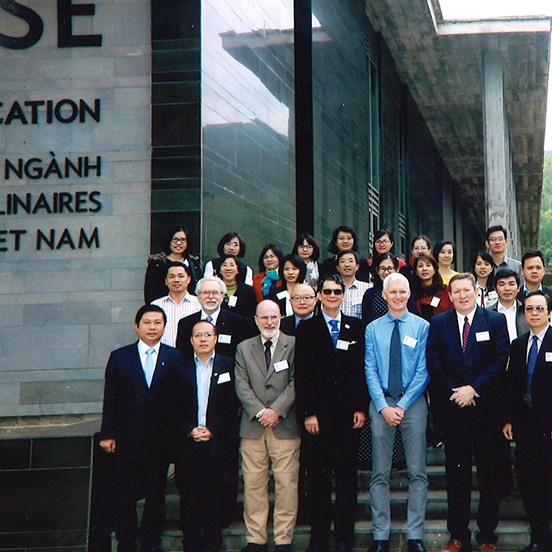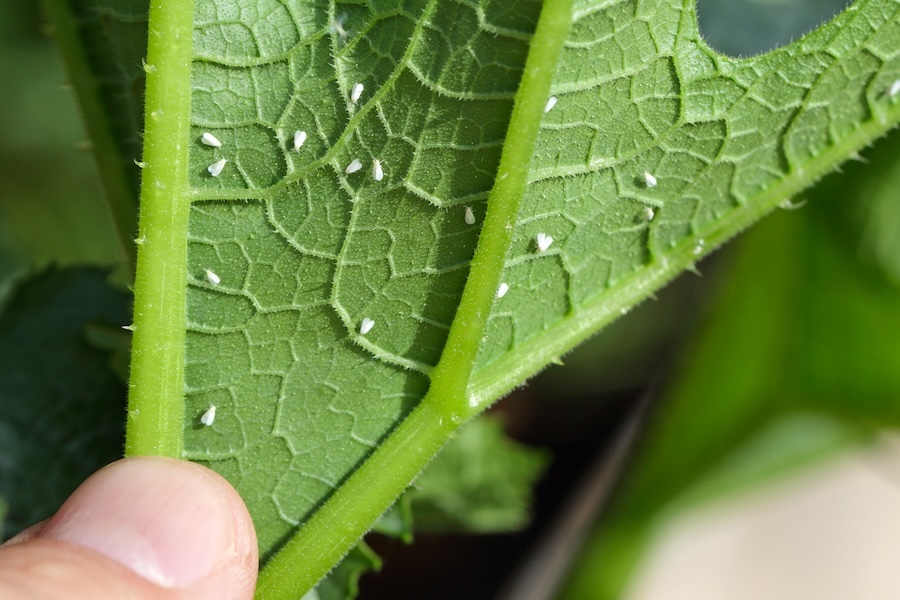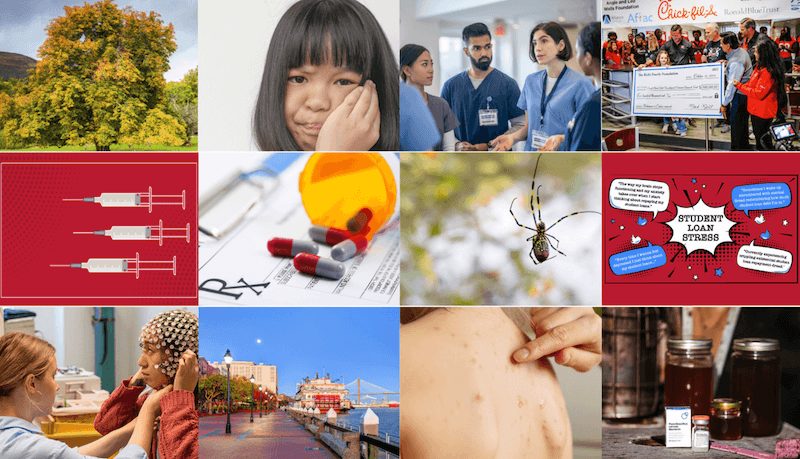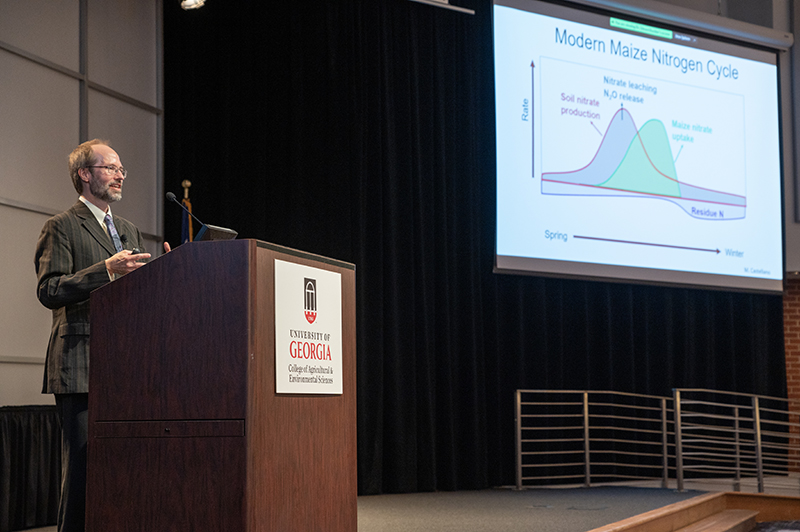In the U.S., the most toxic pesticides can only be purchased and used by those who’ve undergone rigorous training. In some other countries, that’s not the case.
Mickey Taylor, who coordinates Georgia’s Pesticide Safety Education Program (PSEP) through University of Georgia Cooperative Extension, recently attended a conference in Qui Nhon, Vietnam. There, Taylor discussed best practices for implementing pesticide regulation and education programs in emerging economies.
As head of PSEP, Taylor oversees educational resources, training programs, and the materials required for private and commercial pesticide applicators to achieve certification and maintain their knowledge of using pesticides safely and effectively.
The courses offered through PSEP cover a broad range of pesticide safety topics: pest identification, personal safety, safe storage and disposal of pesticides, environmental protection, pesticide drift and runoff prevention, threatened and endangered species protection, water quality protection and food safety.
Taylor made a presentation on PSEP at the International Symposium on Environmental and Health Risk Assessment in Support of Management from Dec. 19-21, 2017. He was the only pesticide safety expert who presented at the conference.
Engineers, natural resource scientists and environmental scientists from Vietnam, Thailand, New Zealand, Australia and the U.S. discussed the risks of and potential remediation methods for heavy metal and pesticide pollution in Vietnam’s multiple river networks and villages.
Currently, Vietnam has relatively few regulations governing pesticide use. There are new pesticides being introduced into the market as well as an active black market of pesticides that are moved across national borders without regulation. There is the fear that the country’s farmland and river basins could become dangerously polluted, or that farmers may hurt themselves or their families with these chemicals, Taylor said.
“We have problems with pesticide safety even when we have some of the most comprehensive training and regulation programs around,” Taylor said. “In countries without effective regulations and education programs, the problems (with pesticides) are significant and adversely affect the health and well-being of their citizens.”
Taylor presented Georgia’s program as a potential model for Vietnamese farmer education. He included information on the development of pesticide safety education programs and outlined how pesticide regulation and education authority flows downward from the national level to the regional level and finally to the local user or applicator.
He also presented information on pesticide classification, pesticide hazards and their effects on humans, and the ways pesticides enter and cause harm to the environment.
“There was an amazing amount of interest from university faculty members who were interested in building a similar education program to protect farmers and the environment in Vietnam,” Taylor said.
For more information about PSEP at the University of Georgia and available resources, visit extension.uga.edu/programs-services/pesticide-safety-education.html.




.png)


